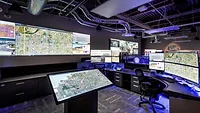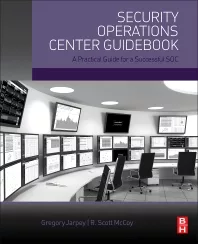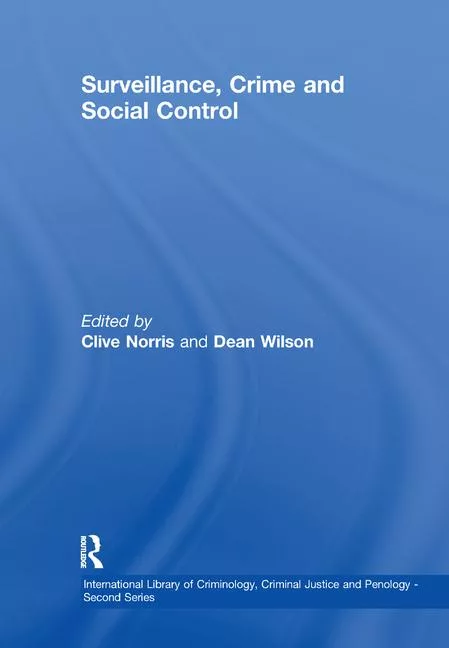Philadelphia Police Have 24-hour Real-Time Surveillance Center
Philadelphia is now one of about 10 cities in the country with a Real-Time Crime Center, a 24-hour hub of video surveillance, databases, and other resources. The center is funded largely with federal money.
The center, which went to 24-hour staffing last month, was developed as a way for officers to assist investigators from a tactical perspective by quickly accessing information about crimes, identifying potential suspects, and even heading off crimes.
The center, overseen by Capt. Joseph McDowell, has been developing in phases for at least two years, and has been in the works for more than four. The team of officers who staff the center said it was already streamlining some aspects of police work.
Housed off the lobby of police headquarters at Eighth and Race Streets, the center is equipped with a row of computers and a large wall screen onto which images from cameras around the city are projected.
Officers at the center see every 911 call that comes in and can pull up camera images from crime scenes immediately. Then, when officers respond, the center might already have video footage that shows which way a perpetrator ran, or what a shooter looked like.
In addition to the city's network of cameras, officers have access to SEPTA's surveillance system.
Patrol officers are also working with the center to recover more stolen cars using high-tech automated license-plate readers, which can scan plates on vehicles going as fast as 140 miles per hour.
The readers, which look almost like a camera, use infrared light to scan the tags of passing cars. That information is instantly compared with a nationally compiled list of stolen cars that also includes vehicles used in Amber Alerts and other crimes.
That information is transmitted to the officers in the center, who then confirm whether a car is still registered as stolen. While officers in the field await confirmation, they can follow the car in question at a distance, Kyler said, then pull it over in a safe place.
In any given week, the devices can read as many as 400,000 plates. They have been on the streets for about a month, and officers have recovered 50 stolen cars.
The center, which will not be fully operational until later this year, is also developing a major database that will combine the search functions of several databases. Once the new system is running, conducting a thorough search should take less than a minute.
Looking for a reprint of this article?
From high-res PDFs to custom plaques, order your copy today!







